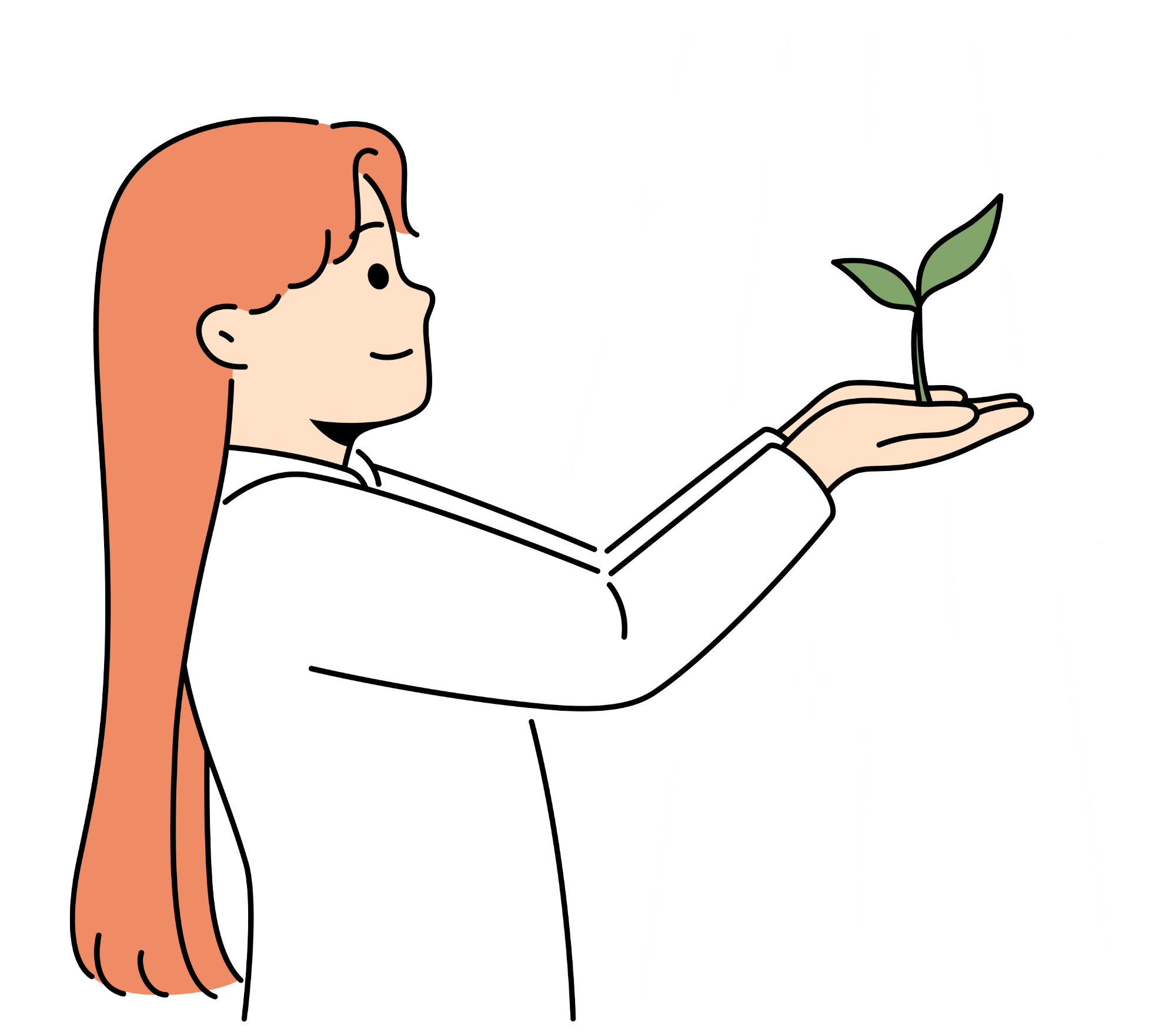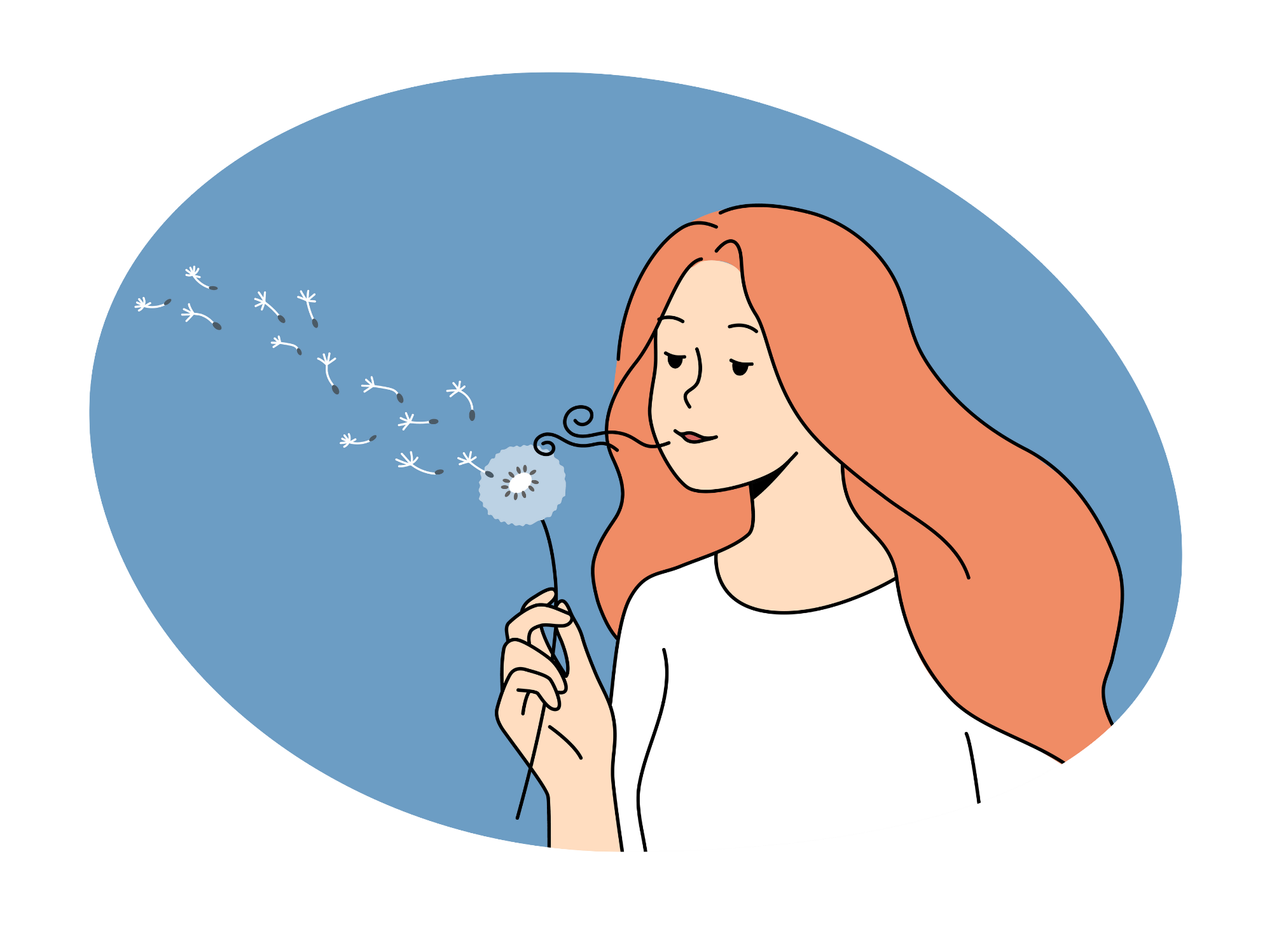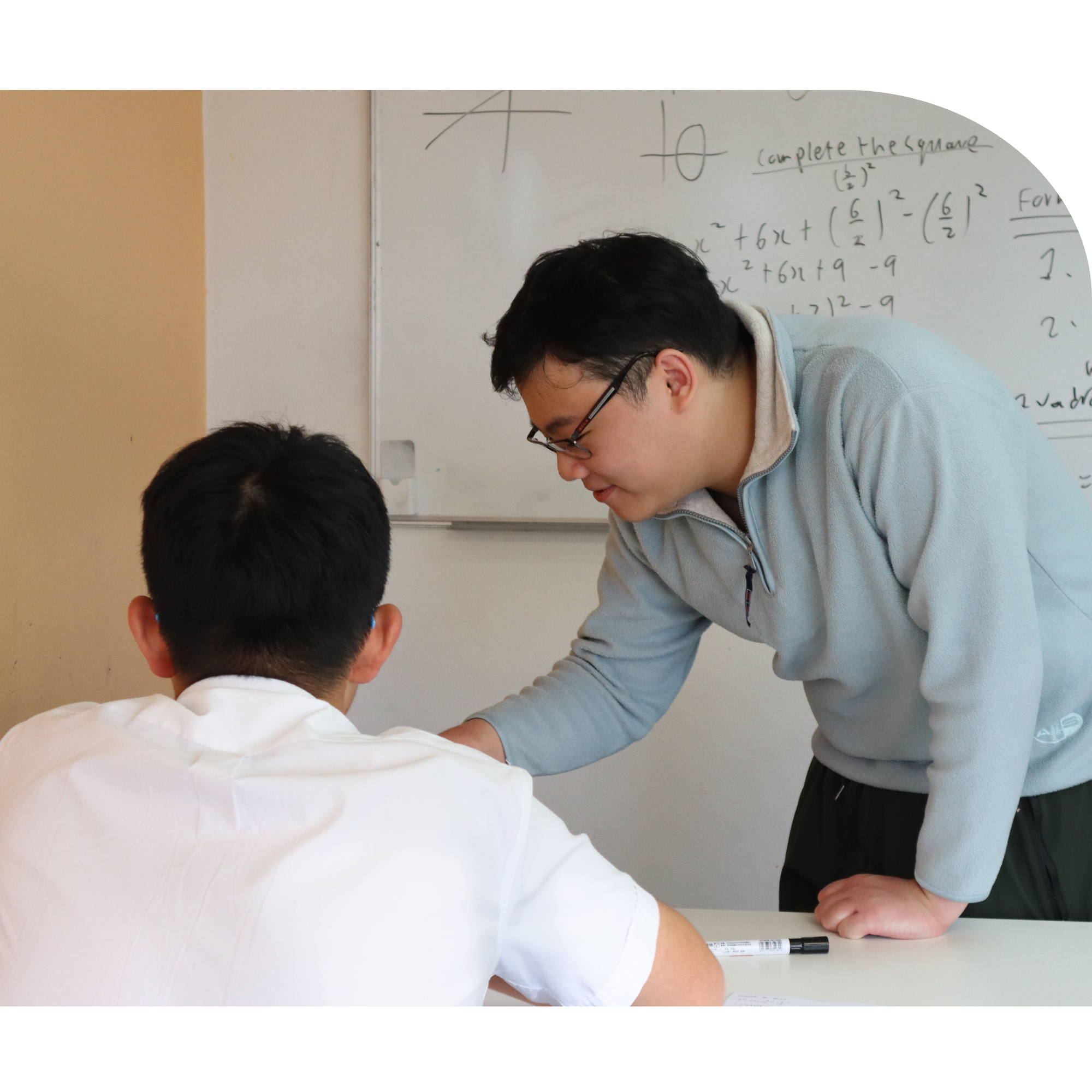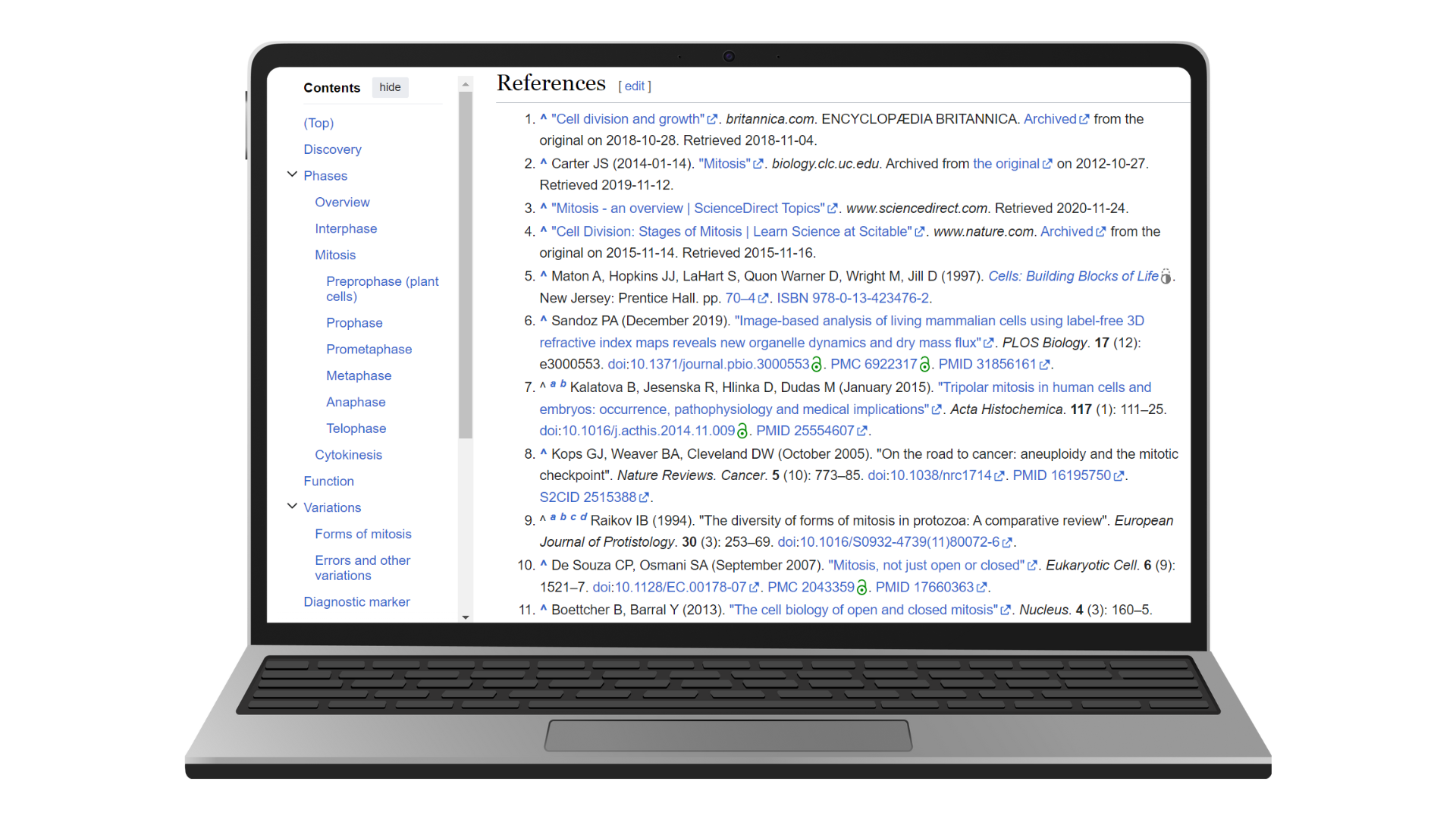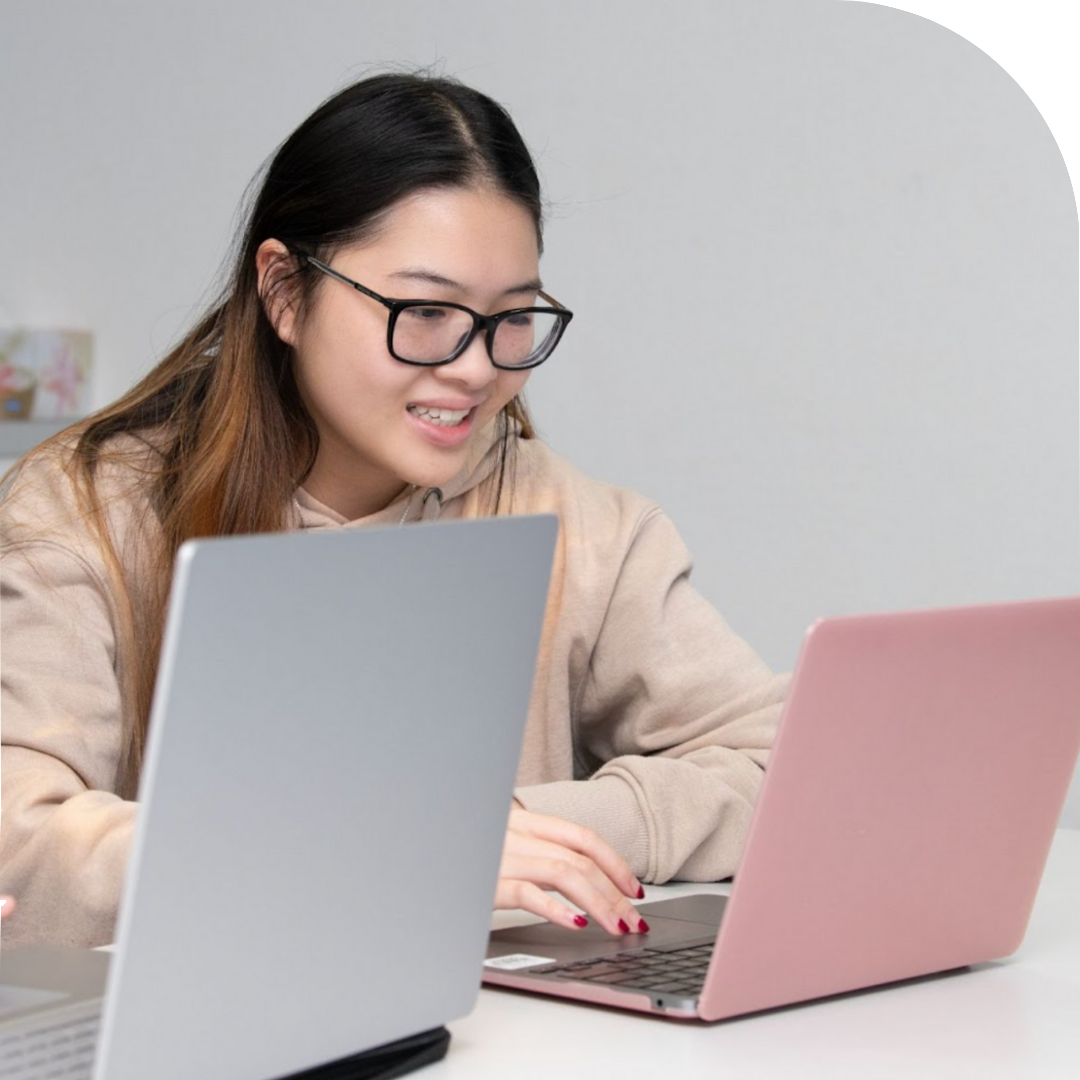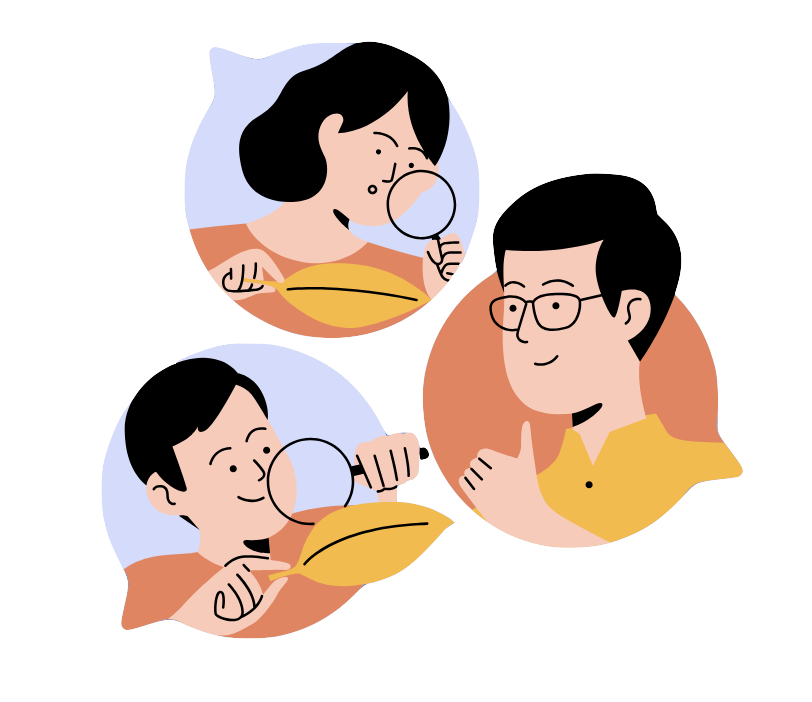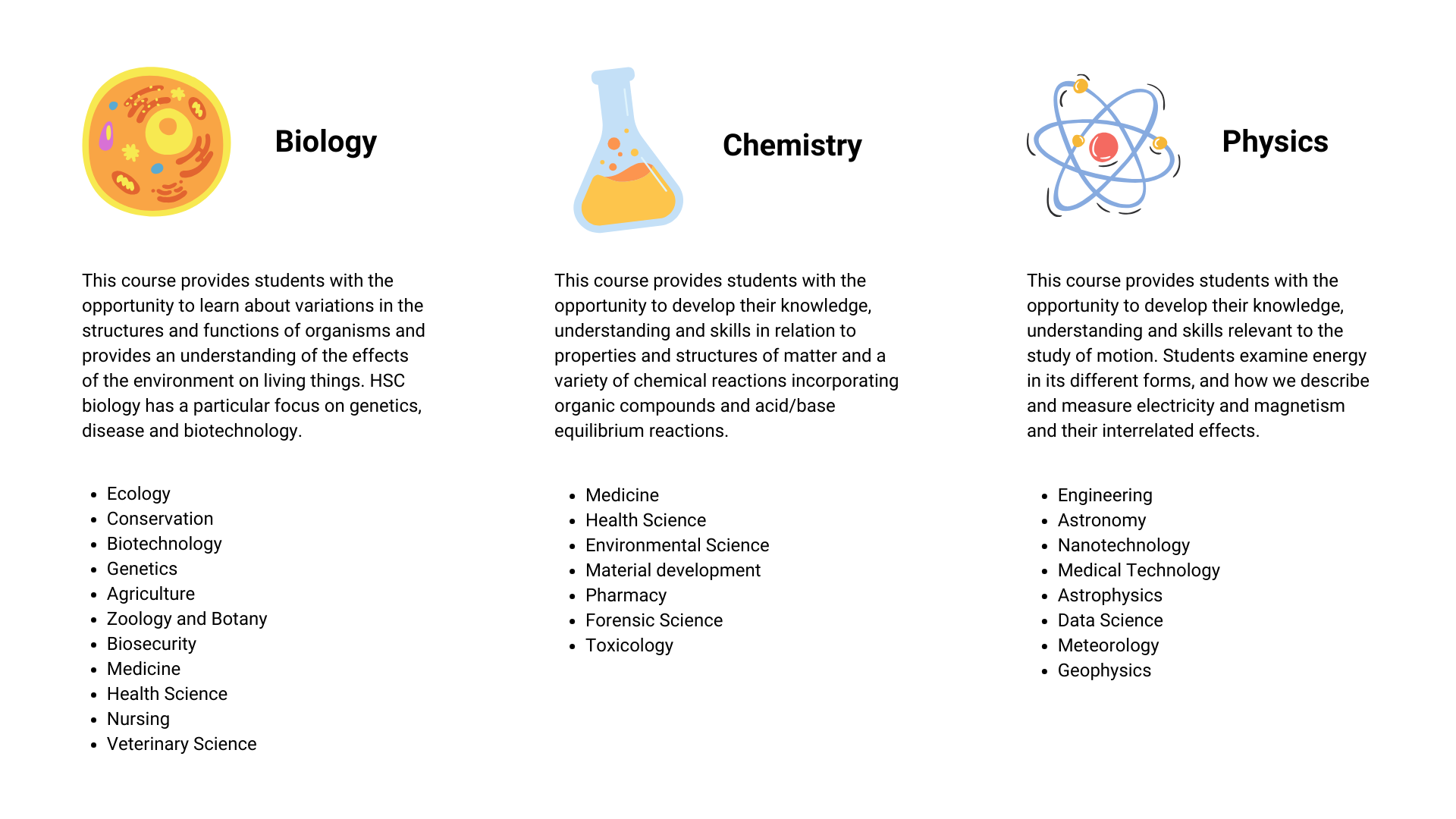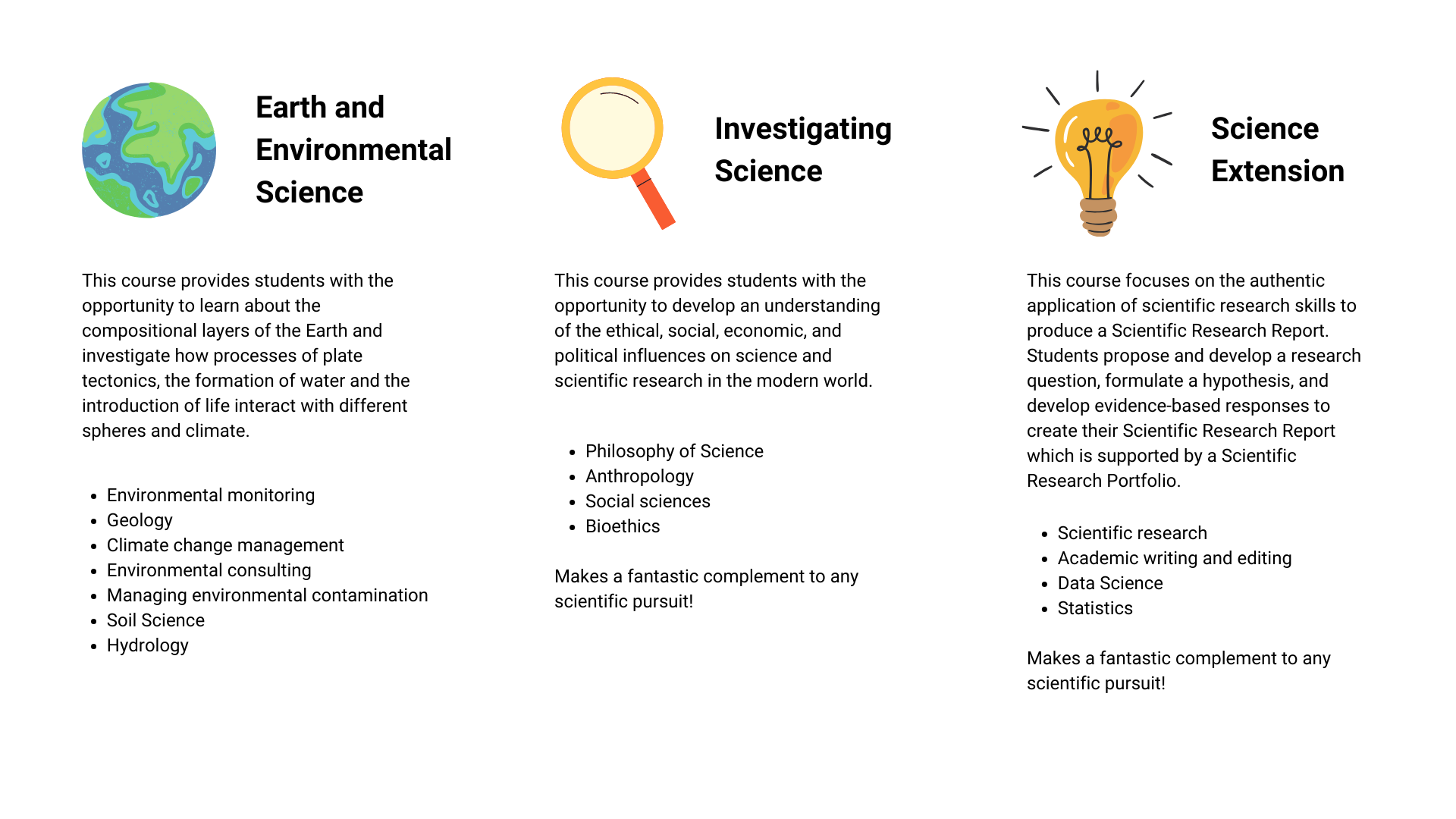Helping teens surround themselves with a healthy support network is one of the best things you can do to help them get through tough times. Friends, family, teachers and school counsellors, along with mental health organisations like ReachOut and Headspace can all provide impactful guidance to students.
Within these support networks, mentors play a particularly transformative role in guiding young people. They’ve ‘been there, done that’ and have the lived experience to help them take the best next step. Teens don’t even need to be struggling to benefit from the guidance of a mentor. Proactively looking out for their mental health means they can dodge the curveballs which life throws at us all.
1. Listening and understanding teen concerns
When teens are feeling stressed or down, they might be the kind of person who needs to rant to work through their problems. On the other hand, they could be the type to bottle it up. Either way, finding a mentor who your teen feels safe and comfortable to open up to is one key way to alleviate their fears and concerns.
Good listening goes beyond simply hearing what teens say. Youth mentors employ what Carl Rogers and Richard Farson (1957) call ‘active listening’. Listening actively means paying close attention to what teens are saying and how they say it, along with what goes unsaid, noticing their body language to gain a deeper understanding of how they feel.
Rather than interrupting their mentee to interject with how they solved their problems, mentors show interest in what their mentee is saying through visual cues like nodding and eye contact, and wait to ask follow up questions which help to clarify their understanding of what their mentee is expressing.
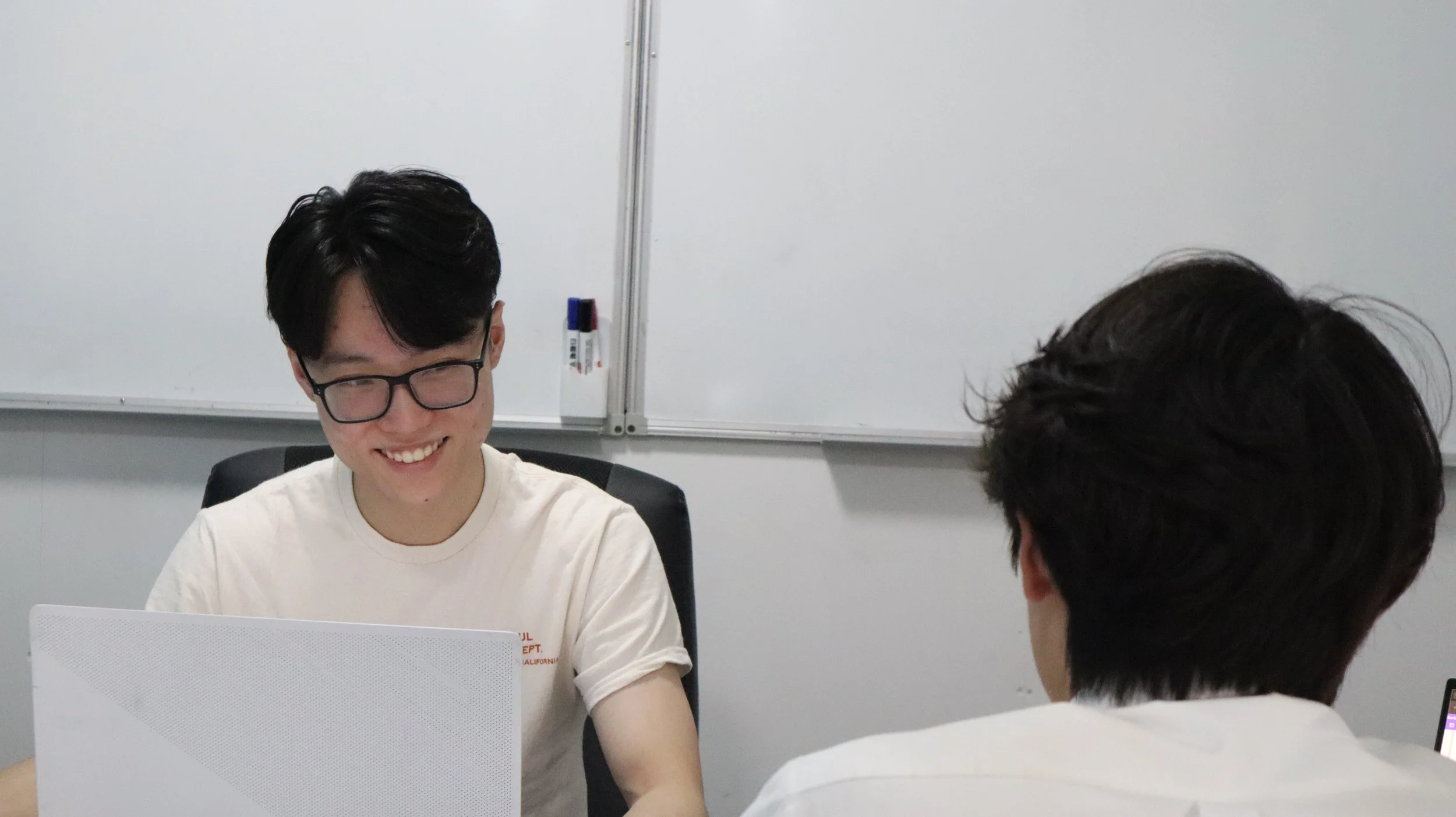
Whilst other people in a teen’s youth support network can also employ active listening, teens may feel more open to discussing their concerns with a trusted mentor who is far enough removed from their personal life that they don’t feel like they’ll be judged. By ascertaining crucial information about their mentees’ experience through active listening, mentors not only respond with better advice, but help teens feel understood and validated.
Even if you have exclusive access to online learning platforms, like OpenWisdom Online, and therefore have many vetted resources at your fingertips, you may want to conduct online research. This is not only okay, but encouraged! So how can you find information that is accurate and trustworthy?
2. Motivating teens to find their spark

Whilst some students seem to know what they have wanted to do since they were young, this is really not the case for the majority of students.
As teens progress through high school, they’ll gradually come to a greater understanding of their passions and interests, and how they can pursue this through their school subjects or extracurricular activities. However, it’s also perfectly normal for them to feel lost.
Mentors can help plant the seed to help them discover the key to their personal fulfilment by motivating teens to try different things that they suspect they’ll like.
Youth mentors have a wealth of lived experience to share with teens, often drawing from their time as student leaders or their involvement in extracurricular programs. This can include everything from participating in extracurricular activities like debating, robotics, representative sport, art competitions and chess tournaments, to volunteering in the local community.
Whilst other people in a teen’s youth support network can also employ active listening, teens may feel more open to discussing their concerns with a trusted mentor who is far enough removed from their personal life that they don’t feel like they’ll be judged. By ascertaining crucial information about their mentees’ experience through active listening, mentors not only respond with better advice, but help teens feel understood and validated.
3. Use online AI tools to boost your learning
Teens need to leave their comfort zone in order to grow. We all know how scary this can be.
Senior Clinical Research Manager Dr Sophie Li, from the Black Dog Institute, reiterates this point in an article by the ABC, saying that what “we do to try and cope with that anxiety is to avoid the things that make us anxious. And that's a real problem because by not approaching something, we never give ourselves an opportunity to see that we can do it."
Many of the teens who she sees in clinical practices are suffering from this kind of anxiety and steer clear of trying new things, lest they fail and embarrass themselves.
“It's important to give [your teen] space to build skills and build confidence and competence in a range of different areas,” she says. Youth mentors are on hand to empower teens to leave their comfort zone. Whether by sharing anecdotes of how they struggled with trying a new activity, or helping teens find safe environments to learn and test out new skills whilst equipping them with the reassurance that learning from mistakes is the key to growth.
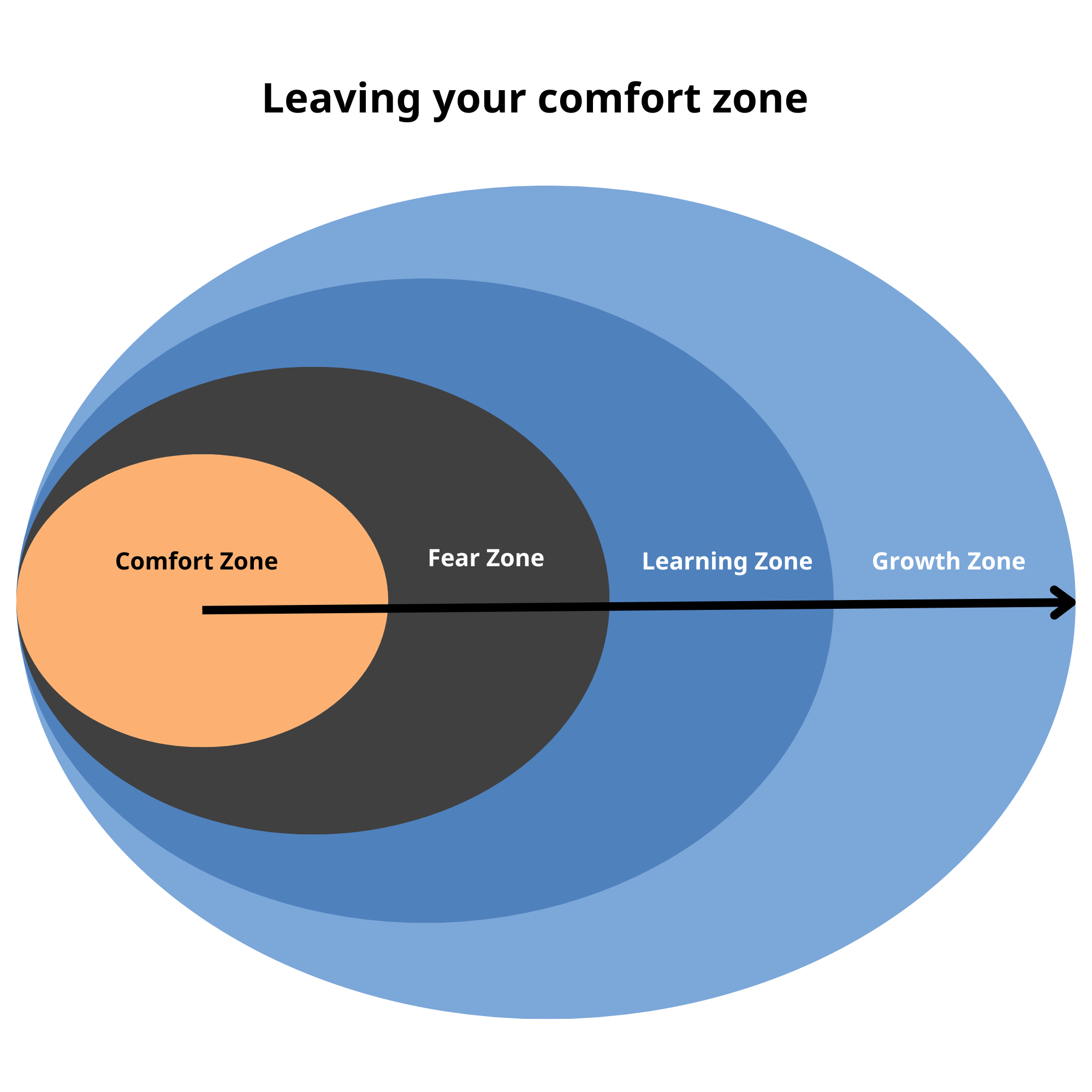
4. Helping teens find and open doors to new opportunities
Even when teens are in a healthy headspace, they might find it daunting to think ahead about what opportunities the future may hold for them. With a mentor by their side, finding their way to the right door and mustering the courage to open it becomes a lot easier.
Take, for instance, a Year 9 student – let’s call her Ruby.
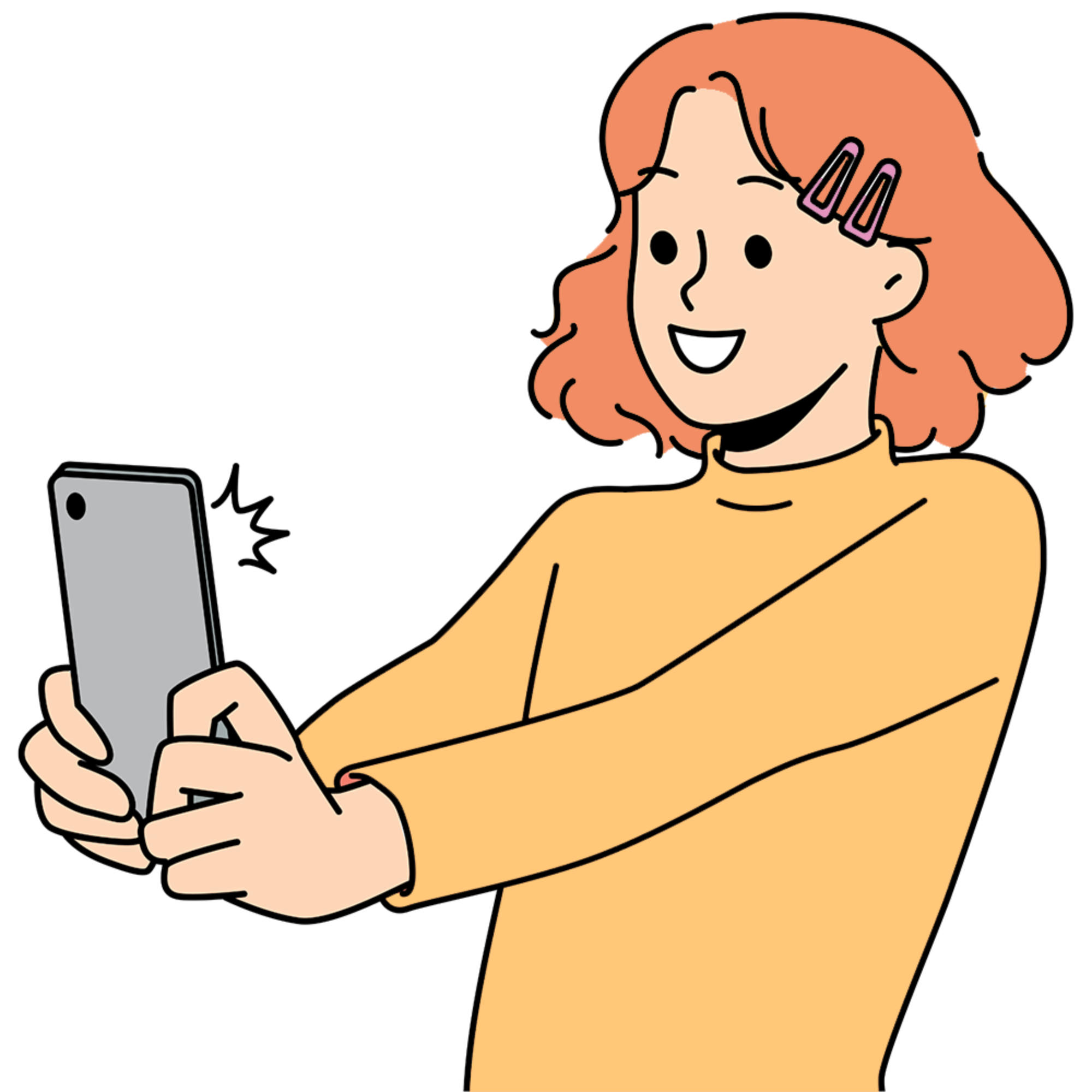
Quick facts about Ruby
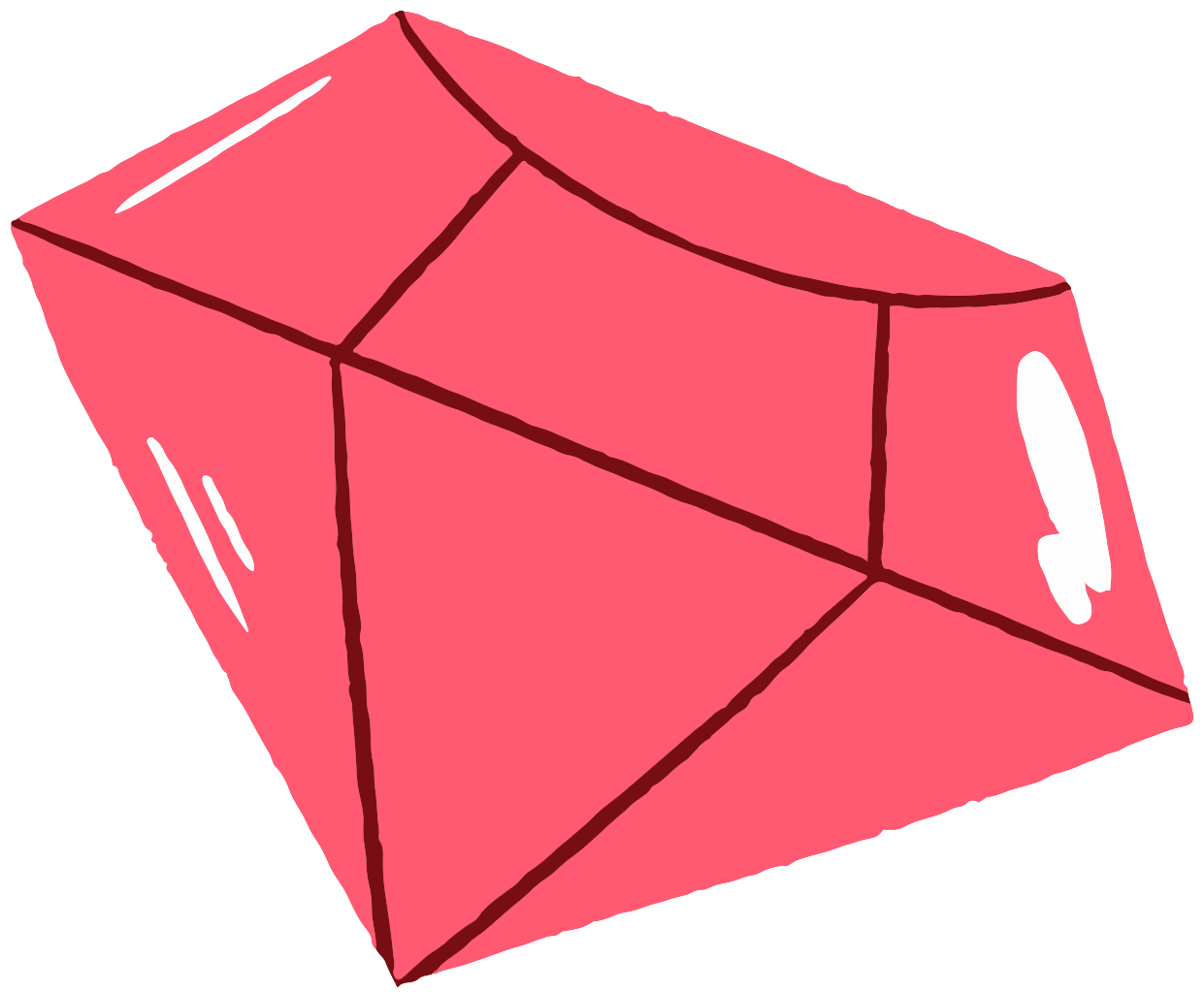
- Loves to play video games
- Would like to design her own game one day
- Dabbles in graphic design
- Wants to expand her coding skills
- Struggles with time management and keeping on top of her school homework
Her mentor, Samira, thinks that Ruby would benefit from being in a face-to-face class with students her own age, so she shows Ruby how to search their local library’s website for free educational events designed specifically for teens. Together they find free coding lessons which the library is offering to Year 7-10 students.
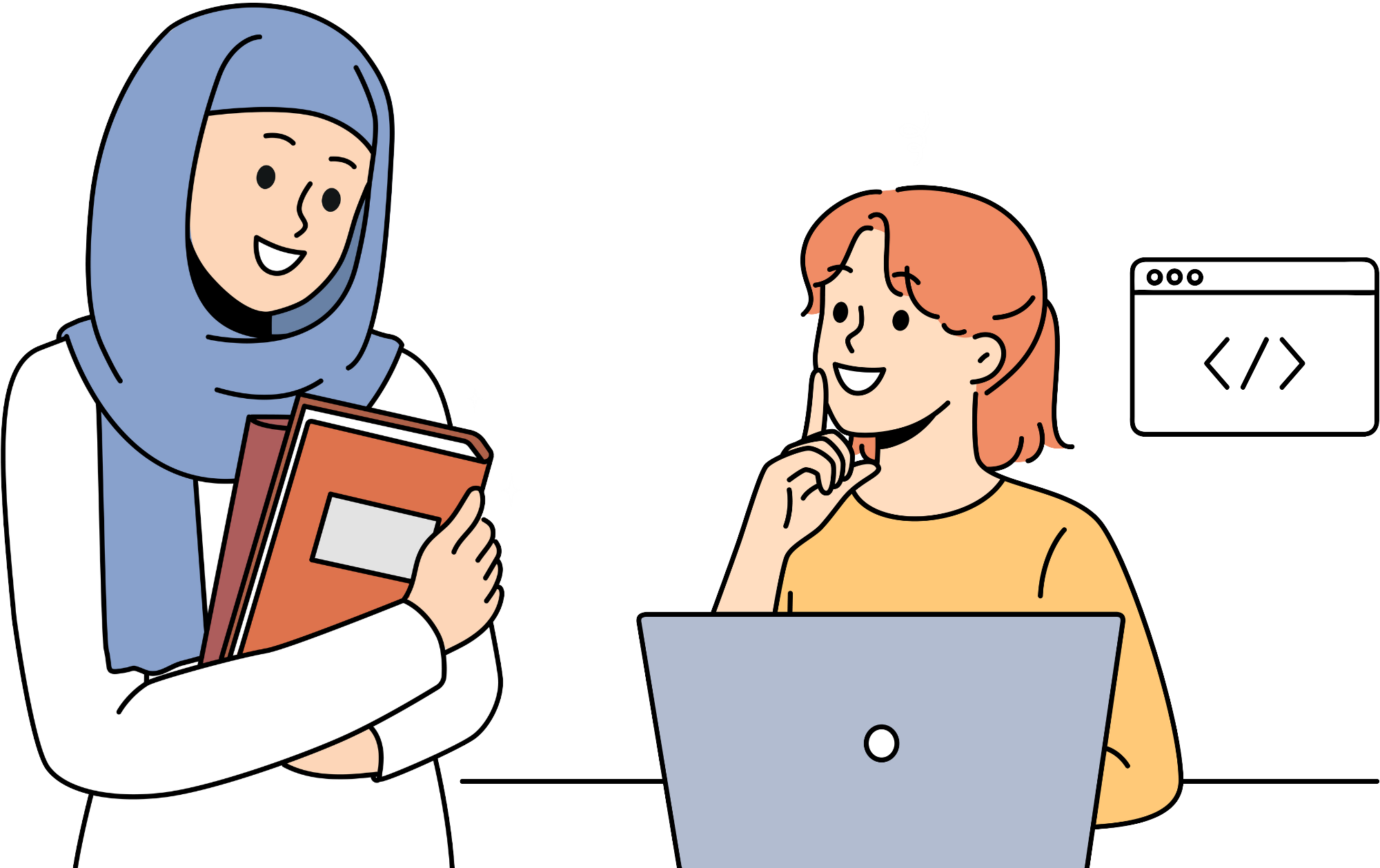
By equipping teens with strategies to discover and filter through new opportunities to find the ones best suited to them, mentors set up teens with the invaluable life skill of being able to find beneficial opportunities that they might be unaware of otherwise.
